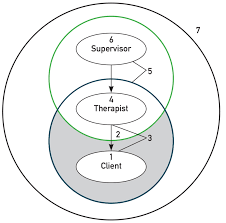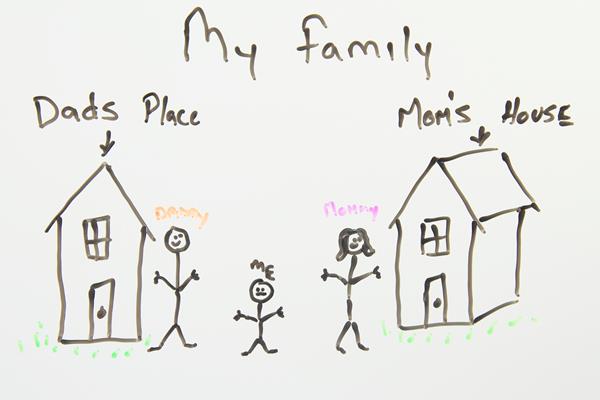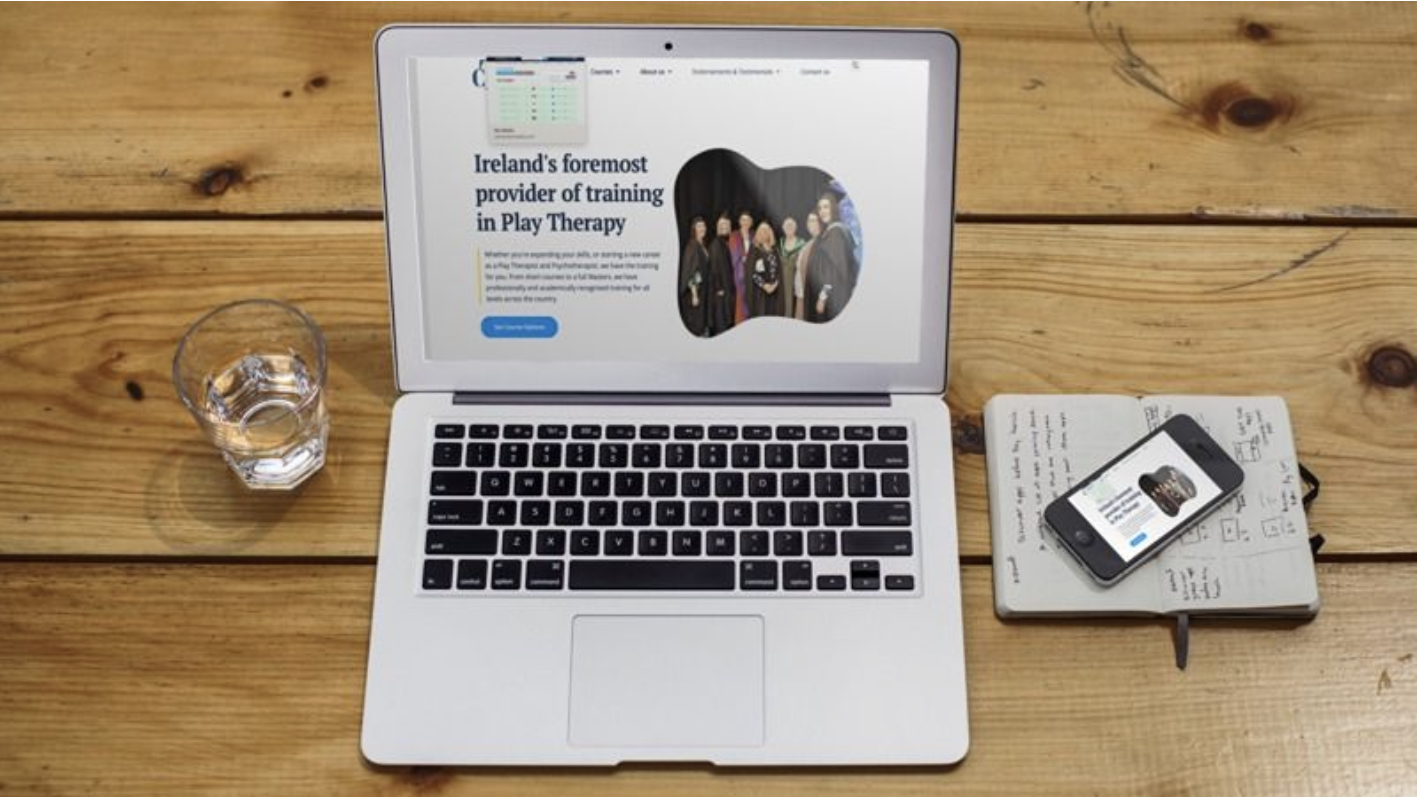-
Welcome
Welcome to CE Learning with Maritime Play Therapy Centre.
This site has a variety of continuing ed courses of interest to Therapists, Play Therapists, Foster Parents or Child and Youth Care Practitioners.
Please click on the course you are interested in and you will be taken to the e commerce site where you can pay for the course and then complete it at your own pace.
If you have any challenges, please email maritimeptc@gmail.com
Available courses

This 40 hour Basic Training meets EMDRIA requirements and once participants also complete 10 hours of consultation they will be eligible to become EMDRIA EMDR Certified.
Counselling Children and Youth Certificate - Module 1: Intake, Assessment, Consent and Documentation

This 48 hour online certificate is for newly graduated therapists and counsellors who want to work with children/youth.
At the end of this certificate participants will:
- Review theoretical base of psychotherapeutic counselling
- Review social and emotional development of young people.
- Explore the ethical and professional aspects of working therapeutically with children and adolescents
- Work therapeutically with children and young using the arts and play.
Participants need to have access to internet and a computer to access modules in the learning management system
Module 1: Intake, Assessment, Consent and Documentation

This 48 hour online certificate is for newly graduated therapists and counsellors who want to work with children/youth.
At the end of this certificate participants will:
- Review theoretical base of psychotherapeutic counselling
- Review social and emotional development of young people.
- Explore the ethical and professional aspects of working therapeutically with children and adolescents
- Work therapeutically with children and young using the arts and play.
Participants need to have access to internet and a computer to access modules in the learning management system

This 48 hour online certificate is for newly graduated therapists and counsellors who want to work with children/youth.
At the end of this certificate participants will:
- Review theoretical base of psychotherapeutic counselling
- Review social and emotional development of young people.
- Explore the ethical and professional aspects of working therapeutically with children and adolescents
- Work therapeutically with children and young using the arts and play.
Participants need to have access to internet and a computer to access modules in the learning management system
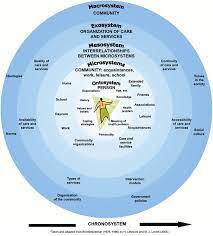
This 48 hour online certificate is for newly graduated therapists and counsellors who want to work with children/youth.
At the end of this certificate participants will:
- Review theoretical base of psychotherapeutic counselling
- Review social and emotional development of young people.
- Explore the ethical and professional aspects of working therapeutically with children and adolescents
- Work therapeutically with children and young using the arts and play.
Participants need to have access to internet and a computer to access modules in the learning management system
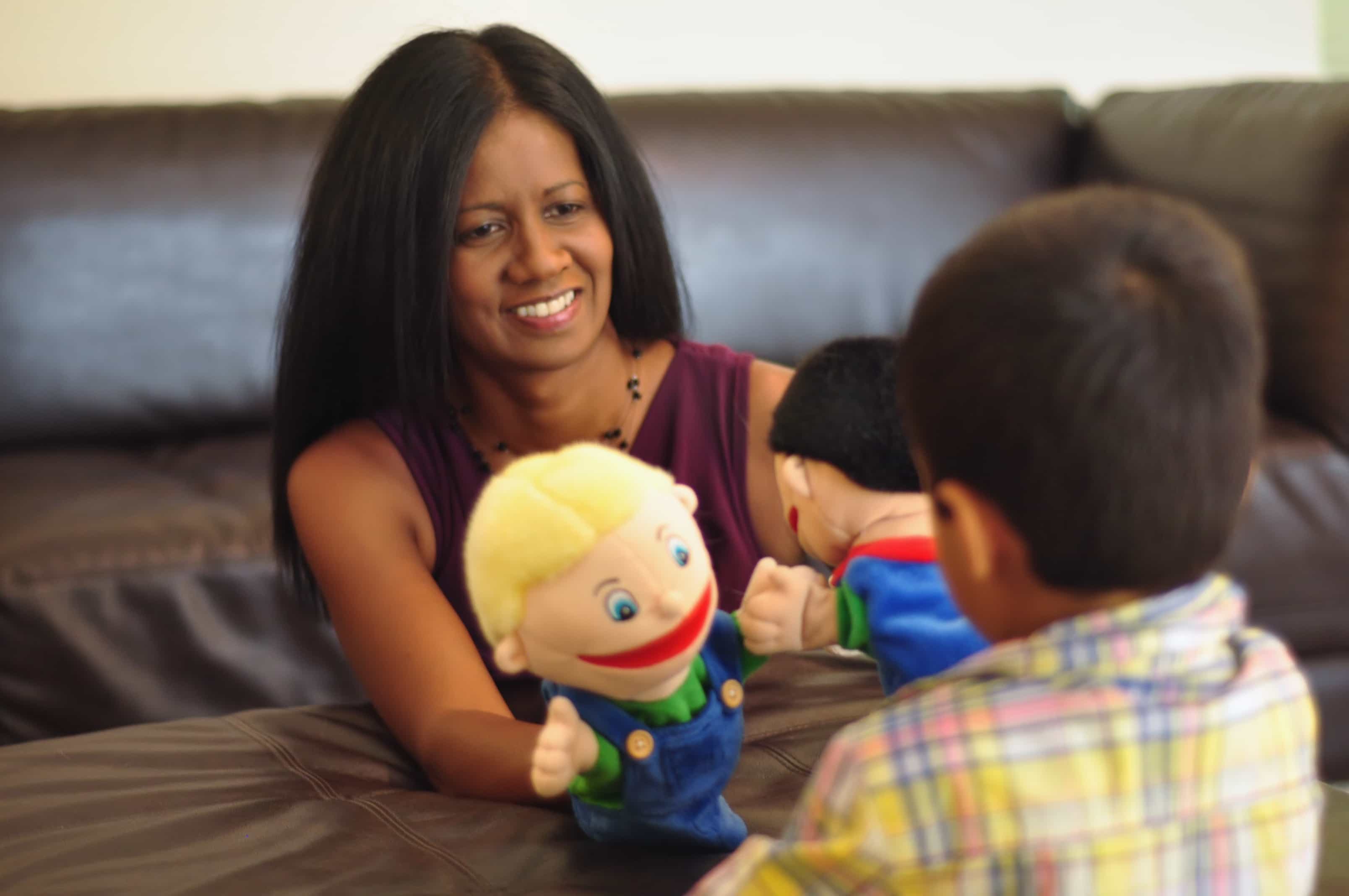
This 48 hour online certificate is for newly graduated therapists and counsellors who want to work with children/youth.
At the end of this certificate participants will:
- Review theoretical base of psychotherapeutic counselling
- Review social and emotional development of young people.
- Explore the ethical and professional aspects of working therapeutically with children and adolescents
- Work therapeutically with children and young using the arts and play.
Participants need to have access to internet and a computer to access modules in the learning management system

This 48 hour online certificate is for newly graduated therapists and counsellors who want to work with children/youth.
At the end of this certificate participants will:
- Review theoretical base of psychotherapeutic counselling
- Review social and emotional development of young people.
- Explore the ethical and professional aspects of working therapeutically with children and adolescents
- Work therapeutically with children and young using the arts and play.
Participants need to have access to internet and a computer to access modules in the learning management system

This 48 hour online certificate is for newly graduated therapists and counsellors who want to work with children/youth.
At the end of this certificate participants will:
- Review theoretical base of psychotherapeutic counselling
- Review social and emotional development of young people.
- Explore the ethical and professional aspects of working therapeutically with children and adolescents
- Work therapeutically with children and young using the arts and play.
Participants need to have access to internet and a computer to access modules in the learning management system

This 48 hour online certificate is for newly graduated therapists and counsellors who want to work with children/youth.
At the end of this certificate participants will:
- Review theoretical base of psychotherapeutic counselling
- Review social and emotional development of young people.
- Explore the ethical and professional aspects of working therapeutically with children and adolescents
- Work therapeutically with children and young using the arts and play.
Participants need to have access to internet and a computer to access modules in the learning management system
